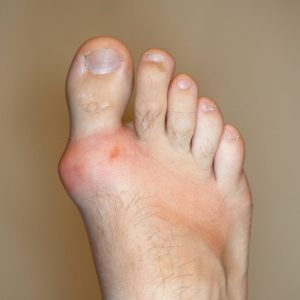Osteoporosis is the loss of bone mass and its victims are usually people above the age of 50. Our bone requires calcium to stay healthy and strong and if it is unable to obtain sufficient calcium from our dietary intake, it will “steal” calcium from the bones, making them weak. Over the years, researchers have learnt more about osteoporosis and the various ways to prevent it from occurring. It is common to lose bone density due to ageing but some people are losing more than normal and thus are at a higher risk of suffering from osteoporosis. One simple and fuss free way to prevent osteoporosis would be the food you eat.
Calcium
The main reason for osteoporosis is a lack of sufficient calcium intake. Our body uses a large amount of calcium daily and if the demand is more than the supply, bone density loss will occur. Our body is unable to synthesis calcium on its own and as a result, we can only obtain calcium through oral consumption. Adults require approximately 1000 to 1200mg of calcium daily. Foods that are rich in calcium are dairy products. Milk, cheese, yogurt and ice cream are great sources of calcium. Another great food is soy beans which are an excellent alternative for people who are lactose intolerant. Some vegetables are also good sources of calcium. Collard greens offer 266mg of calcium per serving. Spinach, broccoli and celery also provide decent amounts of calcium. When all fails, there is always the trusty calcium supplements that provides the minimum amount of calcium required per day.
Protein
Protein is the building blocks of our body and our body constantly needs them to repair any damaged tissues. Ensuring that the required daily protein intake is met will increase the efficiency of calcium intake in our body. Adults generally require between 45g to 50g of protein daily.
Vitamin D
Vitamin D works hand in hand with calcium to ensure optimal absorption and greatly reduces the risk of bone density loss. Vitamin D is easily available from the sun but not everyone have the luxury of a sunny weather every day. Most of the milk out there is fortified with vitamin D. If the required intake is still lacking, you may consider vitamin D supplements.
The most effective way to prevent osteoporosis is to ensure that you meet the required intake of calcium daily and have a well balanced diet consisting of magnesium, zinc, vitamin C and vitamin D.







